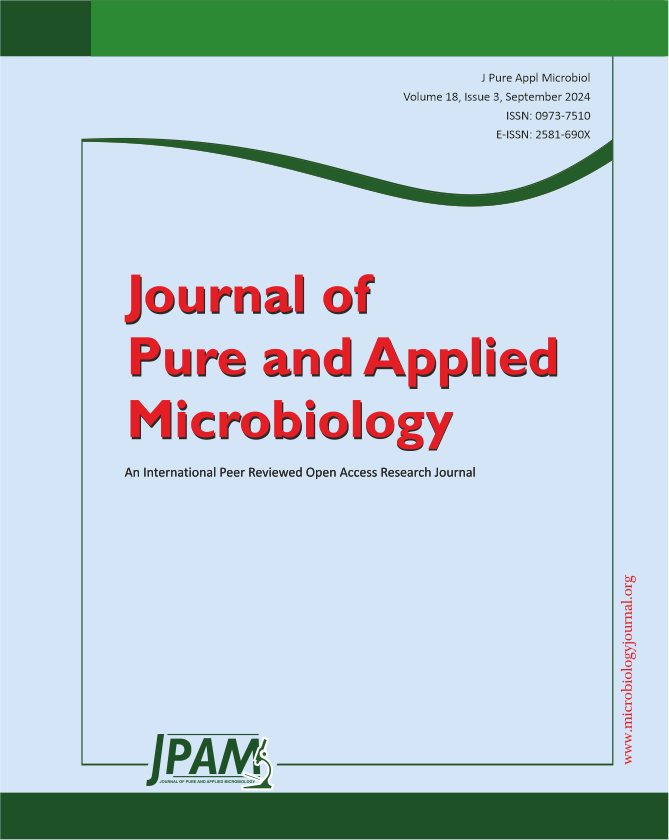The main goal of this research is to assess the antibacterial effectiveness of commonly used UAE natural herbs, including Turmeric, Henna, Sidr, and Myrrh, against a range of bacteria such as Staphylococcus aureus, Streptococcus agalactiae (group B streptococci), Streptococcus pyogenes (group A streptococci), Escherichia coli, Enterococcus faecalis, Proteus mirabilis, Pseudomonas aeruginosa, and Klebsiella pneumoniae. Agar diffusion technique was utilized in this study. The herbs were extracted and prepared in serial dilution, a standardized amount of the test microorganisms were inoculated on the agar plates. Subsequently, extracted herbs were placed in the wells that formed on the surface of the media. The agar plates are then incubated at 37°C under appropriate condition. Typically, the herbs extract diffuses in the media, inhibiting the germination of the bacteria, the zone of inhibition is subsequently measured. Significant inhibitory effects were observed with henna herbal extract against 75% of Gram-positive bacteria, while 25% of the bacteria showed inhibition when using sidr extract. Myrrh exhibited an antibacterial effect against most tested bacteria. Comparatively less of an impact was seen by turmeric extract on both Gram-negative and Gram-positive. The antibacterial efficacy of the four plant extracts suggests that Henna displayed the highest effectiveness, followed by Sidr and Myrrh, with Turmeric showing the least potency. Additionally, strains such as E. coli, E. faecalis, P. aeruginosa, K. pneumoniae, and P. mirabilis demonstrated resistance to the plant extracts, while S. aureus, S. pyogenes, and S. agalactiae appeared to be the most susceptible strains. These findings underscore the potential of plant extracts in treating bacterial infections, offering insights for the development of novel compounds with enhanced activity against both resistant and susceptible bacteria, thereby addressing the limitations of current antibiotic agents.
UAE Natural Herbals, Gram-negative and Gram-positive Organisms, Antimicrobial Effect, Agar Diffusion Assay
© The Author(s) 2024. Open Access. This article is distributed under the terms of the Creative Commons Attribution 4.0 International License which permits unrestricted use, sharing, distribution, and reproduction in any medium, provided you give appropriate credit to the original author(s) and the source, provide a link to the Creative Commons license, and indicate if changes were made.


